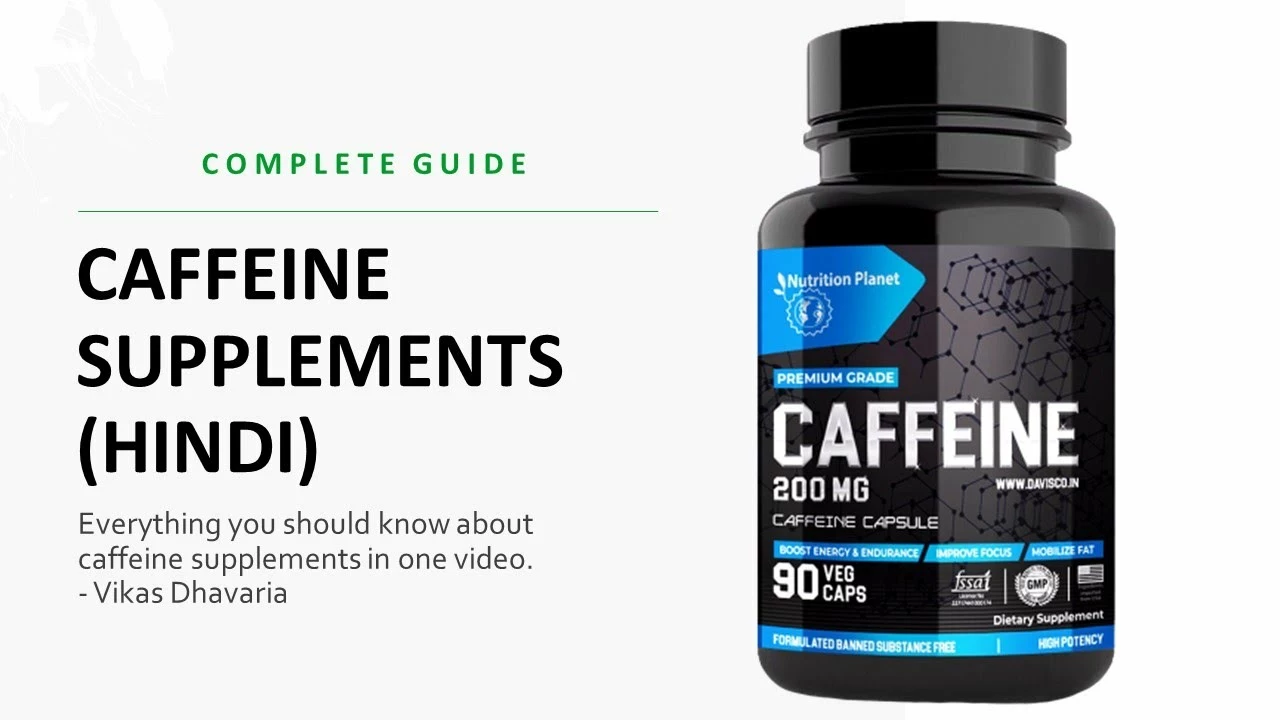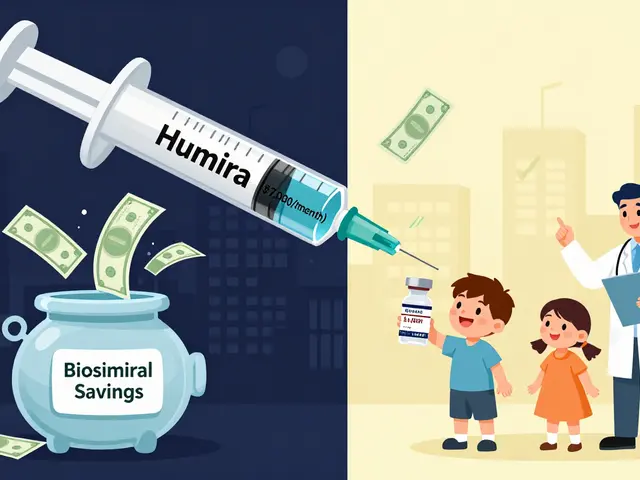 27
Jun,2023
27
Jun,2023
Unveiling the Black Raspberry: A Nature's Gift
Black raspberries, also known as Rubus occidentalis, are delightful berries that pack a punch when it comes to their health benefits. Compared to other berries, they are unique in terms of their nutrient content and taste. Their dark color is an indication of their high anthocyanin content - a type of antioxidant that is highly effective in warding off diseases. In fact, black raspberries contain more antioxidants than any other fruit, making them a superfood in their own right.
The Antioxidant Powerhouse
Antioxidants are crucial for maintaining optimal health. They fight off free radicals in our bodies that cause cell damage and lead to a variety of chronic diseases. Black raspberries are brimming with antioxidants, specifically anthocyanins, which give the fruit its dark color. These antioxidants are known to reduce inflammation and boost immunity. Moreover, they have been linked to a reduction in heart disease and cancer risk.
Boosting Your Immune System with Black Raspberry
Your immune system is your body's first line of defense against disease and illness. Black raspberry, with its high vitamin C content, plays a key role in strengthening your immune system. Vitamin C stimulates the production of white blood cells which help to fight off infections. Additionally, black raspberries are rich in ellagic acid which has been found to stimulate the immune system and slow the growth of cancer.
Black Raspberry: A Heart Health Promoter
Black raspberries are good for your heart. They are rich in fiber, potassium, and antioxidants, all of which contribute to a healthy heart. The fiber in black raspberries helps to reduce cholesterol levels, thereby reducing the risk of heart disease. Potassium, on the other hand, is a vital mineral that helps to control blood pressure levels. The antioxidants in black raspberries also play a role in preventing heart disease by fighting off harmful free radicals and reducing inflammation.
Black Raspberry: The Anti-Aging Secret
If you're looking for a natural way to keep your skin looking youthful and vibrant, black raspberry might just be the answer. The high antioxidant content in black raspberries can help to slow down the aging process by combating free radicals that cause skin damage. Furthermore, the vitamin C in black raspberries is vital for collagen production, which keeps your skin firm and reduces wrinkles.
The Role of Black Raspberry in Cancer Prevention
One of the most noteworthy benefits of black raspberry is its potential role in cancer prevention. Studies have shown that the antioxidants and ellagic acid in black raspberries can inhibit the growth of certain types of cancer cells. More research is needed in this area, but the initial results are promising. As part of a healthy diet, black raspberries could be a powerful tool in your arsenal against cancer.
Adding Black Raspberry to Your Diet: Easy and Delicious Ways
Now that you're aware of all the amazing benefits of black raspberries, you might be wondering how to incorporate them into your diet. Black raspberries can be eaten fresh, but they are also available in the form of dietary supplements, jams, jellies, and even wines. You can add them to your breakfast cereals, smoothies, or salads. Remember, it's not just about adding black raspberries to your diet, but enjoying a balanced and healthy lifestyle overall.






Wow, those black raspberries sound like a tasty powerhouse, and adding a handful to your morning smoothie could give you that extra antioxidant boost you’ve been looking for! 🌟
Honestly, this hype feels overblown; the article skips over dosage specifics and throws buzzwords like “superfood” without any real data.
Cool info, I’ll try tossing some fresh berries into my oatmeal this week and see how it feels.
Yo, if you think American farmers aren’t already pushing this berry, you’re missing the whole biotech rollout that’s about to dominate the market-stay woke.
It’s wild how ellagic acid can modulate immune pathways; this could be a game‑changer for holistic health protocols 😊.
Great overview! Try blending black raspberry powder into your post‑workout shake for a quick recovery boost.
From a phytochemical perspective, the synergistic action of anthocyanins and vitamin C in black raspberries creates a dual‑front defense against oxidative stress, essentially fortifying cellular membranes while simultaneously signaling immune cells to patrol more efficiently.
Meh, sounds like another marketing gimmick.
Half the claims here are straight pseudoscience; you’d be better off eating regular raspberries without the hype.
i think its cool but not sure i can find them lol.
Imagine a world where every bite of a black raspberry is a brushstroke painting resilience onto the canvas of our cells, reminding us that nature’s palette is richer than any synthetic supplement.
The article opens by declaring black raspberries a “nature’s gift,” a phrase that immediately conjures images of sun‑drenched fields and the gentle hum of pollinators-a romanticized vision that, while appealing, obscures the rigorous scientific scrutiny required to substantiate such claims. First, the emphasis on anthocyanin content positions these berries alongside other dark‑colored fruits, yet the quantification of “more antioxidants than any other fruit” lacks a comparative framework, ignoring variables such as ripeness, cultivar, and post‑harvest handling. Moreover, the discussion of immune modulation through vitamin C and ellagic acid blends well‑established nutritional science with emerging, yet still tentative, mechanistic insights, thereby blurring the line between evidence‑based recommendation and speculative allure. The cardiovascular benefits attributed to fiber and potassium are indeed supported by epidemiological data, but the article fails to acknowledge the dose‑response relationship that determines clinical relevance. Turning to anti‑aging claims, the link between antioxidant intake and collagen synthesis is complex, involving not only vitamin C but also synergistic pathways that the piece glosses over. Cancer prevention, perhaps the most sensational claim, is presented with cautionary language (“more research needed”), yet the mere mention can mislead lay readers into overestimating the protective effect. Practical suggestions for incorporating black raspberries into diets are useful, but they omit considerations of cost, availability, and potential allergenicity, all of which are critical for real‑world adoption. Finally, while the piece succeeds in generating enthusiasm, it would benefit from a more balanced tone that differentiates between well‑supported health outcomes and areas where scientific consensus remains elusive, thereby empowering readers to make informed choices without succumbing to hype.
While the caution you advise is prudent, it’s essential to remember that dismissing emerging evidence outright can also stall progress in nutritional science.
Thanks for the insight! I’ll add a black raspberry supplement to my routine and track the changes 😊.